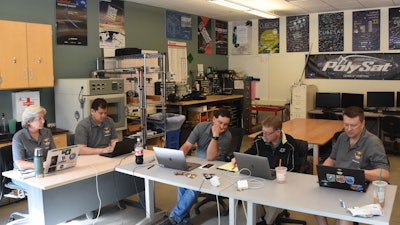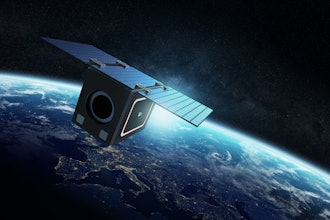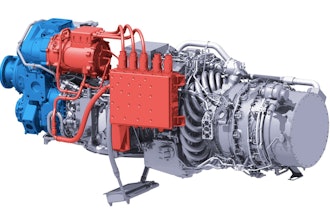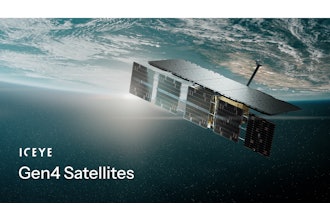
LOS ANGELES (AP) — A tiny spacecraft orbiting Earth appeared to successfully unfurl a solar sail Tuesday to test the potential of using only sunlight for propulsion, mission officials said.
Deployment commands were sent to the Planetary Society's LightSail 2 from mission control at California Polytechnic State University, San Luis Obispo.
"Sail deployment appears to have been very successful," said Bruce Betts, LightSail program manager and chief scientist at the Planetary Society.
Photos to be transmitted later were expected to confirm data received from the spacecraft that included a count of the number of turns by a deployment motor.
"Success! We're sailing, peoples!" tweeted Bill Nye, CEO of the Planetary Society and better known to TV viewers as "The Science Guy."
The crowd-funded spacecraft, about the size of a loaf of bread, was among 24 research satellites launched aboard a SpaceX Falcon Heavy rocket from Florida last month.
The sail is formed by four triangular sheets of extremely thin, reflective Mylar that form a square totaling 344 square feet (32 square meters).
If it works as planned, the momentum of photons hitting the sail will accelerate the craft, a method researchers see as a potential way to propel tiny satellites known as CubeSats.
Such acceleration occurs slowly but is constant, so speed will build up over time.
The project's goal is to try to have sunlight alone raise the orbit of LightSail 2 by a measureable amount.
It's the third solar sail project for The Planetary Society, a Pasadena-based organization that encourages advancement of space science and exploration.
The first mission, Cosmos 1, never reached orbit because of a launch rocket failure in 2005.
In 2015, LightSail 1 completed a test flight by deploying a sail before falling back into the atmosphere.
Japan's space agency also successfully launched a solar sail dubbed Ikaros in 2010.
The Planetary Society was founded by the late astronomer Carl Sagan and two veterans of NASA's Jet Propulsion Laboratory, Louis Friedman and Bruce Murray.






















